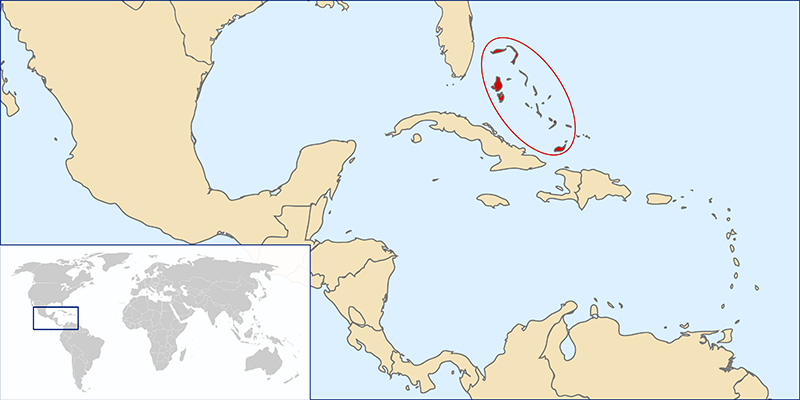Bahamas


- Population:
- 401,000
- Language:
- English
- Religion:
- Christianity
The Bahamas was originally inhabited by the Lucayan people before Christopher Columbus landed there in 1492. The islands became a British colony in 1718 and gained independence in 1973. Today, the Bahamas is a major tourism and banking hub, known for its beautiful beaches and strong maritime industry.
The Bahamas, officially the Commonwealth of The Bahamas, is an archipelagic state within the Lucayan Archipelago in the West Indies. It consists of over 700 islands and cays, covering a land area of approximately 13,943 square kilometers. The Bahamas is located north of Cuba and Hispaniola, southeast of the U.S. state of Florida, and west of the Turks and Caicos Islands. As of recent estimates, the population is around 400,000, with Nassau on New Providence Island serving as the capital and largest city. The official language is English. The Bahamas gained independence from the United Kingdom in 1973 and operates as a parliamentary constitutional monarchy, with the British monarch as head of state, represented locally by a Governor-General. The economy is heavily reliant on tourism and offshore banking, benefiting from its favorable climate and attractive beaches. The Bahamas is a member of the Commonwealth of Nations, the United Nations, and the Caribbean Community.
| Title | Population | Bibles | Resources |
|---|---|---|---|
| Bahamas Creole English | 310000 | 0 | 2 |
| Haitian | 22050 | 3 | 20 |
| English | 15000 | 243 | 359 |
| Jamaican Creole English | 6200 | 1 | 4 |
| American Sign Language | 400 | 1 | 1 |



